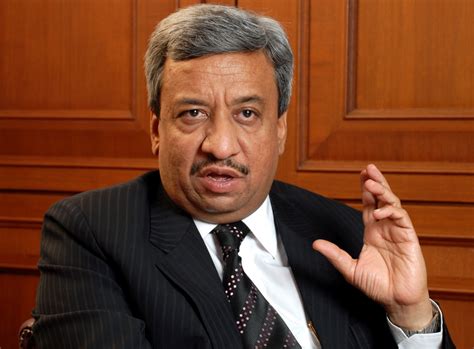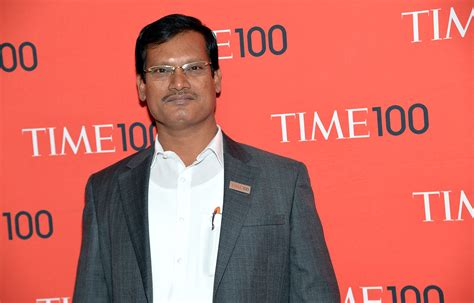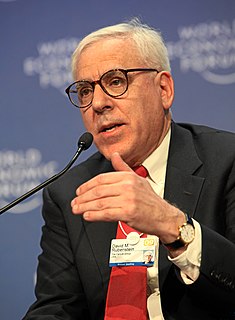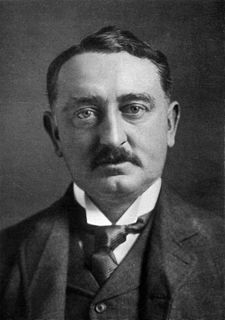Ein Zitat von Pankaj Patel
Einer der großen Mythen über Philanthropie ist, dass es nur darum geht, Geld für einen guten Zweck zu spenden. Ich sehe es gerne ganz anders. Bei Philanthropie geht es um „Geben“ – nicht nur in monetärer Hinsicht, sondern auch in nicht-monetären Aspekten wie Zeit, Ideen oder ehrenamtlicher Arbeit. Geldspenden sind nur ein kleiner Teil der Philanthropie.
Verwandte Zitate
Bei der besten Philanthropie geht es nicht nur darum, Geld zu spenden, sondern auch darum, Führung zu geben. Die besten Philanthropen bringen die Gaben mit, die sie erfolgreich gemacht haben – den Antrieb, die Entschlossenheit, die Weigerung zu akzeptieren, dass etwas nicht getan werden kann, wenn es für ihre Philanthropie notwendig ist.
Ich denke, auch die Philanthropie wächst und setzt sich durch. Man muss herausfinden, wie der Philanthropiesektor, der im Vergleich zum Privatsektor, der bei weitem der größte ist, recht klein ist, und wie die Regierungen, wissen Sie, auch in diesen armen Ländern im Laufe der Zeit diese Schlüsselverantwortung übernehmen müssen. Wie beschleunigt Philanthropie das? Treiben Sie die Art von Innovationen voran und sorgen Sie dafür, dass sie gut genutzt werden. Es spielt also eine besondere Rolle.
Viele Leute verdienen viel Geld, Milliarden, Milliarden Dollar häufen sich an. Warum kommen sie schließlich wegen der Philanthropie? Warum muss man Geld anhäufen und sich dann für wohltätige Zwecke einsetzen? Was wäre, wenn man sich vom ersten Tag an dazu entschließen würde, mit der Philanthropie zu beginnen?
Wenn man an globale öffentliche Güter wie die Ausrottung der Kinderlähmung denkt, die Art von risikofreudigem neuen Ansatz, spielt Philanthropie tatsächlich eine Rolle, weil die Regierung auf natürlichem Weg nicht so viel Forschung und Entwicklung zu neuen Dingen betreibt, wie sie wahrscheinlich sollte, und so weiter Philanthropie ist da.
In der Philanthropie gibt es drei Lektionen: Die erste besteht darin, die Familie, insbesondere den Ehepartner, einzubeziehen. Sie kann ein bemerkenswerter Treiber Ihrer Initiative sein. Zweitens müssen Sie eine Institution aufbauen und diese vergrößern. Wählen Sie eine Führungskraft für Philanthropie, der Sie vertrauen. Drittens braucht Philanthropie Geduld, Hartnäckigkeit und Zeit.
Das Wort „Philanthropie“ ruft das Bild von jemandem hervor, der eine glänzende Karriere hinter sich hat, in den Ruhestand gegangen ist und an hoch etablierte Institutionen spendet, an deren Wänden möglicherweise Efeu wächst oder auch nicht. Ich persönlich hatte das Bedürfnis, der Philanthropie einen Neustart zu geben.































